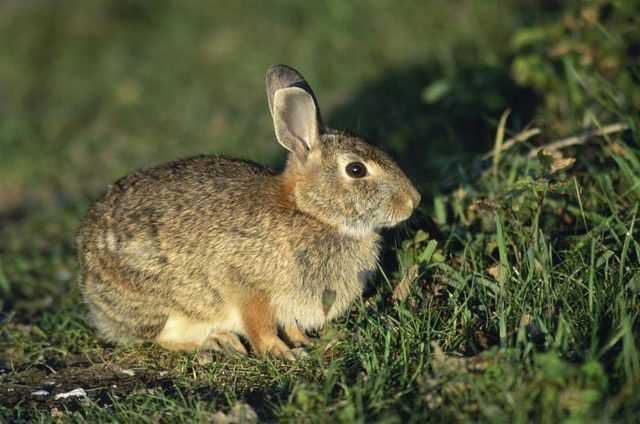Bulbs
Flower Basics
Flower Beds & Specialty Gardens
Flower Garden
Garden Furniture
Garden Gnomes
Garden Seeds
Garden Sheds
Garden Statues
Garden Tools & Supplies
Gardening Basics
Green & Organic
Groundcovers & Vines
Growing Annuals
Growing Basil
Growing Beans
Growing Berries
Growing Blueberries
Growing Cactus
Growing Corn
Growing Cotton
Growing Edibles
Growing Flowers
Growing Garlic
Growing Grapes
Growing Grass
Growing Herbs
Growing Jasmine
Growing Mint
Growing Mushrooms
Orchids
Growing Peanuts
Growing Perennials
Growing Plants
Growing Rosemary
Growing Roses
Growing Strawberries
Growing Sunflowers
Growing Thyme
Growing Tomatoes
Growing Tulips
Growing Vegetables
Herb Basics
Herb Garden
Indoor Growing
Landscaping Basics
Landscaping Patios
Landscaping Plants
Landscaping Shrubs
Landscaping Trees
Landscaping Walks & Pathways
Lawn Basics
Lawn Maintenance
Lawn Mowers
Lawn Ornaments
Lawn Planting
Lawn Tools
Outdoor Growing
Overall Landscape Planning
Pests, Weeds & Problems
Plant Basics
Rock Garden
Rose Garden
Shrubs
Soil
Specialty Gardens
Trees
Vegetable Garden
Yard Maintenance
How to Repel Rabbits
How to Repel Rabbits. Rabbits may look cute and harmless, but they can cause significant damage in the landscape. For example, rabbits may dig up flower bulbs, chew the tender bark on young shrubs and trees, and turn a vegetable bed into an all-you-can-eat buffet. Instead of trapping or poisoning rabbits, defend any backyard with a safe,...

Rabbits may look cute and harmless, but they can cause significant damage in the landscape. For example, rabbits may dig up flower bulbs, chew the tender bark on young shrubs and trees, and turn a vegetable bed into an all-you-can-eat buffet. Instead of trapping or poisoning rabbits, defend any backyard with a safe, all-natural rabbit repellent.
Herbal Remedies
The pungent smell and strong flavor of several herbs can deter rabbits from snacking on garden plants. Two examples are garlic, found in many commercially prepared rabbit repellents, and spicy chili powder. Instead of buying a commercial product, make your own at home and combine the repelling power of both garlic and chilies. Crush five cloves of fresh garlic and place the cloves into a glass jar. Sprinkle in a tablespoon of hot chili powder, such as dried cayenne powder. Add just enough water to cover the mixture and let the solution sit for a minimum of 24 hours. Strain the water into a spray bottle, add approximately a quart of tap water, and spritz the solution on your plants.
Garlic (Allium sativum) is so powerful that it might also deter rabbits when it's grown in the backyard. Consider planting garlic on the edges of flower and vegetable beds. This herb thrives in full-sun locations in U.S. Department of Agriculture plant hardiness zones 3 through 8.
Scented Barriers
Rabbits are sensitive to various smells. Make this sensitivity work against them to repel the rabbits out of the garden. Human hair and dog hair have been successfully used to deter rabbits, deer and other pests. Place two handfuls of hair in a mesh bag and hang it on a fence or suspend it from a low-hanging tree branch. Replace the hair every month as the scent will wear off gradually.
The smell of soap may also defend plants from rabbits. Tie a piece of garden twine around a bar of soap and hang it from shrubs, vegetable plants and other vegetation being chewed on by rabbits. Replace soap bars monthly.
Rags soaked in ammonia also repel rabbits when the rags are placed along rabbit trails and other areas that rabbits frequent. However, wear gloves when handling ammonia as it may burn the skin. Additionally, some gardeners use the strong odor emanating from mothballs to drive away rabbits. The National Gardening Association suggests avoiding this method as the chemicals in mothballs may be harmful to plants and may also poison pets, wildlife and children.
Predatorial Instincts
Rabbits rank near the bottom of the food chain. Thus, the mere hint of predators or a few clues that suggest other small animals have died in the area is often enough to keep them far away from the garden.
Urine from foxes, wolves and other predators is found in many commercial rabbit repellents. Achieve a similar effect with used cat litter from your own cat or the cat of a neighbor or friend. Sprinkle the used litter around the edges of the garden. Alternatively, the scent of blood also heightens instinctual fear in rabbits. Use dried blood meal from a garden store or nursery, applying it in a similar manner to used cat litter.
Scare Tactics
Unexpected movement or loud noises can repel rabbits who have made it past any other deterrents you may have applied to the garden. For example, install motion-activated sprinklers that turn on and shoot jets of water when a rabbit moves nearby. Or, erect posts every 6 feet around the border of the garden and tie 2-inch-wide, 12-inch-long strips of reflective Mylar tape. The fluttering noise and flashes of light when the tape moves in the breeze will frighten rabbits, deer, birds and other pests. With either option, move the location of the sprinklers or the Mylar-attached poles every couple of weeks so the rabbits don't get used to their presence in any one spot.